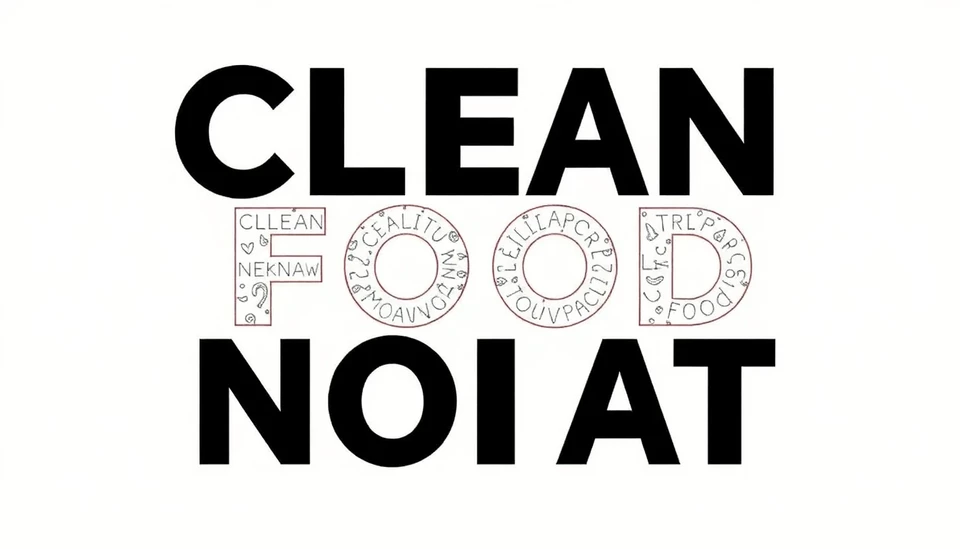
California has long been at the forefront of the clean foods movement, paving the way for policies and practices that promote health-conscious eating and sustainability. Before prominent figures like Robert F. Kennedy Jr. began advocating for clean food, California was already leading the charge with a series of initiatives aimed at reforming food systems across the state.
The push for clean foods in California can be traced back to the late 20th century, as citizens and activists rallied against the rising tide of processed foods and industrial agriculture. This grassroots movement focused on promoting organic farming, reducing pesticide use, and increasing access to locally sourced produce. Advocates worked diligently to educate the public about the benefits of clean foods, emphasizing not only health benefits but also environmental impacts associated with food production.
In recent years, California legislated a variety of laws aimed at supporting these initiatives, such as the California Healthy Places Index, which aims to evaluate and invest in communities with limited access to healthy food options. Programs were implemented that incentivized farmers to adopt sustainable practices, such as crop rotation and other regenerative agricultural techniques, which enhance soil quality and biodiversity.
One significant milestone was the establishment of the California Certified Organic Farmers (CCOF) in 1973, which set the standard for organic certification in the state and has since influenced similar programs across the nation. This organization played a crucial role in bolstering consumer confidence in organic produce, thus increasing demand and inspiring farmers to adopt organic practices.
Additionally, California’s school lunch program has undergone major transformation, transitioning towards offering healthier meals made with fresh, organic ingredients. These changes not only improve students' nutritional intake but also create a sustainable food system that supports local farms.
Despite facing challenges from large agricultural corporations that dominate the market, California’s movement towards clean foods has gained momentum. This is evident as local governments continue to push for legislation designed to create food systems that are equitable, sustainable, and resilient to climate change. Environmental advocacy groups have championed these efforts, partnering with policymakers and community organizers to influence public perception and drive change.
As the clean food movement garners wider national attention, Robert F. Kennedy Jr.'s involvement has brought renewed interest and urgency to these issues. His advocacy aligns with a growing public concern over food safety, nutrition, and environmental sustainability, echoing the same issues California activists have long championed.
With more voices advocating for clean foods, the dialogue surrounding food practices is gaining traction on a national level. California continues to serve as a model for other states, demonstrating that a commitment to clean, healthy food systems can lead to significant public health benefits and ecological sustainability.
This ongoing movement marks a shift in consumer attitudes, policy making, and overall approaches to food, reflecting a broader cultural change in how society views nutrition, health, and the environment. As California leads the charge, the hope is that these practices will inspire other regions to rethink their food systems and prioritize clean, health-conscious options for all.
With the spotlight now turned to the clean food movement, the next steps for advocates are crucial. If trends from California's initiatives are to be replicated across the country, collaboration between farmers, consumers, and policymakers will be essential in fostering a resilient and sustainable food landscape.
Stay tuned as the food advocacy movement continues to evolve, with potential changes to labeling laws, greater transparency in farming practices, and increased educational campaigns aimed at empowering consumers. The narrative of clean foods is just beginning, and California remains a dynamic leader in this essential challenge.
#CleanFoodMovement #SustainableAgriculture #OrganicFarming #EatLocal #FoodPolicy #HealthyEating #RFKJr #CaliforniaLeadership
Author: Victoria Adams




